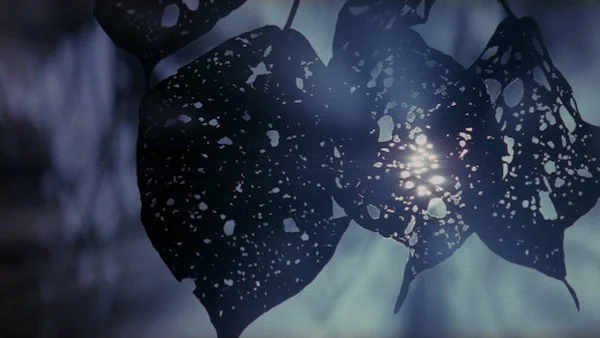How to be Bored
How to Be Bored
1989. Dartmouth College graduation. Nobel Prize-winning poet Joseph Brodsky steps up to the podium to deliver the commencement address.
It's title: In Praise of Boredom.
Just imagine the uncomfortable shifting in seats. If they'd had smart phones back then, upon hearing that title, a mass of heads would have dropped in unison like a flock of birds.
A graduation speech seems like the worse moment to praise boredom, but Brodsky considered it essential: "Should you find this inappropriate for such a lofty occasion, I will disagree ... there is going to be plenty of dark and, what’s worse, dull hours, caused as much by the world outside as by your own minds. You ought to be fortified against that in some fashion."
He fortifies them by encouraging them to embrace boredom as a window on time -- especially everyone's own insignificance in time.
Brodsky spoke from experience. An exile from the Soviet Union, he starved through the siege of Leningrad, spent long, soul-crushing hours in a factory. After he began publishing his poems, he was sent to a mental institution, then a labor camp in the Arctic Circle. Facing the interminable days of tedium, Brodsky finally let it all roll over him, to “fling [his] soul upon the growing gloom.”
In this “awful bearhug” (which, he urges, is not forever) there is a wonderful discovery: it’s from the truth of our limits that all the good stuff springs — joy, empathy for others, emotions, wonder.
None of that comes from thinking the world revolves around us.
Brodsky’s idea of boredom is useful because it’s what most of us experience. It’s not that we don’t have anything to do; it’s that at some point — honestly, midlife is almost always the point — there creeps in the boredom of the routine of life, the monotony of keeping house, schedules, shuttling, another year of the same stuff at work, and so on. It’s that kind of boredom Brodsky is talking about.
We seek refuge from that boredom. (Brodsky recommends detective novels.) Nearly all of us have anti-boredom machines in our pockets. But they must be broken, because the tedium persists.
I suggest church as the place where we face our boredom, endure for a little while the awful bearhug of existence, fling our souls on the growing gloom.
And if church is boring — all the better.
I don’t mean mindless, rote, disorganized, or careless. I mean a church where the most interesting thing is not a pastor’s sneakers, or the band, or the stained glass, but God.
A church where our boredom resolves into something more like anticipation. Our restlessness eases into waiting. Our dread in the dark and dull hours transforms into hope.
I wait for the Lord, my soul waits, and in his word I hope;
my soul waits for the Lord
more than watchmen for the morning,
more than watchmen for the morning.
- Pastor Eddy



